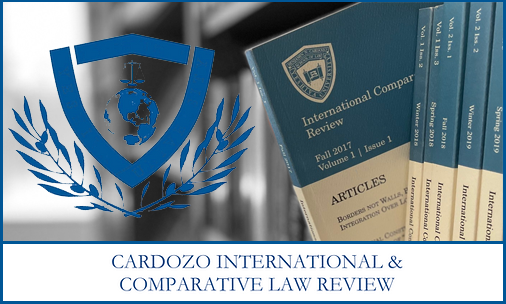Document Type
Blog Post
Publication Date
4-6-2021
Graduation Year
2022
Abstract
On January 8th, a Seoul district court ordered the Japanese government to pay 100 million Korean wan—approximately $91,800—to the 12 still living Korean “comfort women” who had been forced into sexual slavery by the Japanese military during World War II. This ruling was ostensibly rejected by the Japanese government, in which Prime Minister Suga Yoshihide stated, “[T]he ruling will never be accepted.” The judgment, as well the resulting actions of the Japanese government, have led to conflict between the two nations on an issue that remains a crucial talking point between the two. This is not the only judgment from Korean courts that have or will adjudicate this issue. On April 21st, another South Korean court will rule on a separate damage suit against the Japanese government on this very issue. Both the January ruling and the upcoming April ruling dealt primarily with the legal issue of sovereign immunity. Sovereign immunity, a concept derived from British common law, rests on the idea that a government cannot be sued without its consent.
This post was originally published on the Cardozo International & Comparative Law Review website on April 6, 2021. The original post can be accessed via the Archived Link button above.
Recommended Citation
Ducena, Jason, "South Korea, Japan and Comfort Women" (2021). Cardozo International & Comparative Law Review (CICLR) Blog. 20.
https://larc.cardozo.yu.edu/ciclr-online/20



